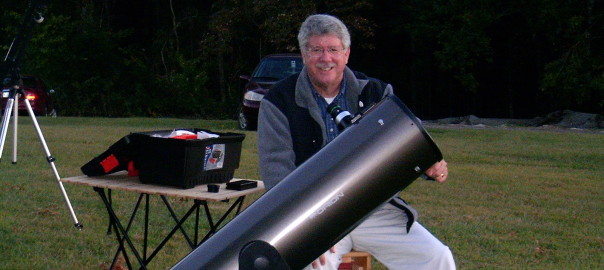I would like to allow Owen some time to describe his career and then we will go back and concentrate more heavily on both his activities at Crater Lake, and then his observations some thirty years hence.
What are the circumstances of your educational attainments and what led you lay to Carter Lake in 1967?
I graduated from Pacific High School in San Leandro, [California] in 1962. A track scholarship brought me to San Jose State in the fall of that year. Upon entering San Jose State, one had to choose a major. I had no real major in mind, so I took an exploratory program for the first semester. I found that I had an affinity for the biological sciences. The first “A” that I pulled was in freshman biology. I noticed among the biological sciences that there was a special curriculum in wildlife conservation with a park ranger option. I thought immediately the best job in the world was to be a park ranger, so why not take that as a major? It was that simple.
I didn’t realize it at the time, but many legendary seasonal and permanent Park Service employees had professorships at San Jose State. They were: Dr. Carl Sharsmith, in botany, plant taxonomy, and plant ecology; Dr. Richard Hartesveldt, soil conservation and fire ecology; Dr. Tom Harvey in fire ecology and conservation; Dr. Shellhammer in zoology, who also contributed to investigations on the fire ecology in the giant sequoia; Dr. J. Gordon Edwards, who among other things, wrote the climbers guide to Glacier and was my professor in entomology. I majored in biological conservation and took all the necessary courses. By the time I reached the end of my junior year, it became time to look for summer employment. I had a job offer with the California State Park system, in Henry Cowell Redwood State Park (1). The job was somewhat threatened by the budget cuts imposed by then Governor Ronald Reagan.
I inquired to Richard Hartesveldt if there was another opportunity that he had knowledge of. He said he’d look into the matter. Within a week he came back and said, “Would you be interested in working for the National Park Service?” He had been in contact with Crater Lake National Park and they had a student internship that would start at GS-4. I would start as a full-fledged park ranger naturalist. He felt that would be a much better opportunity then the park aid position that I would have had at Henry Cowell Redwood State Park.


